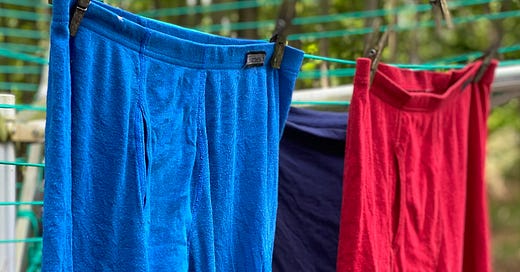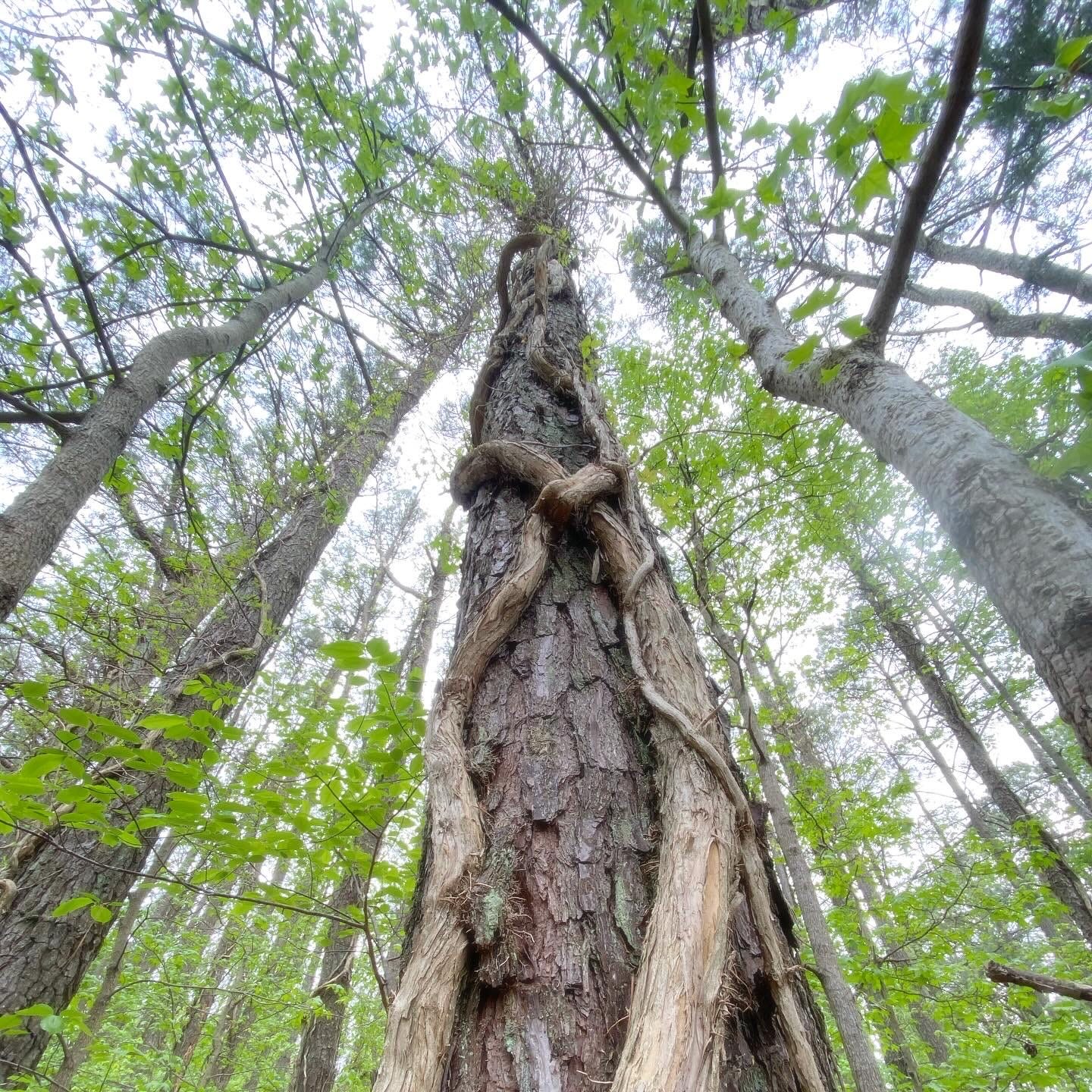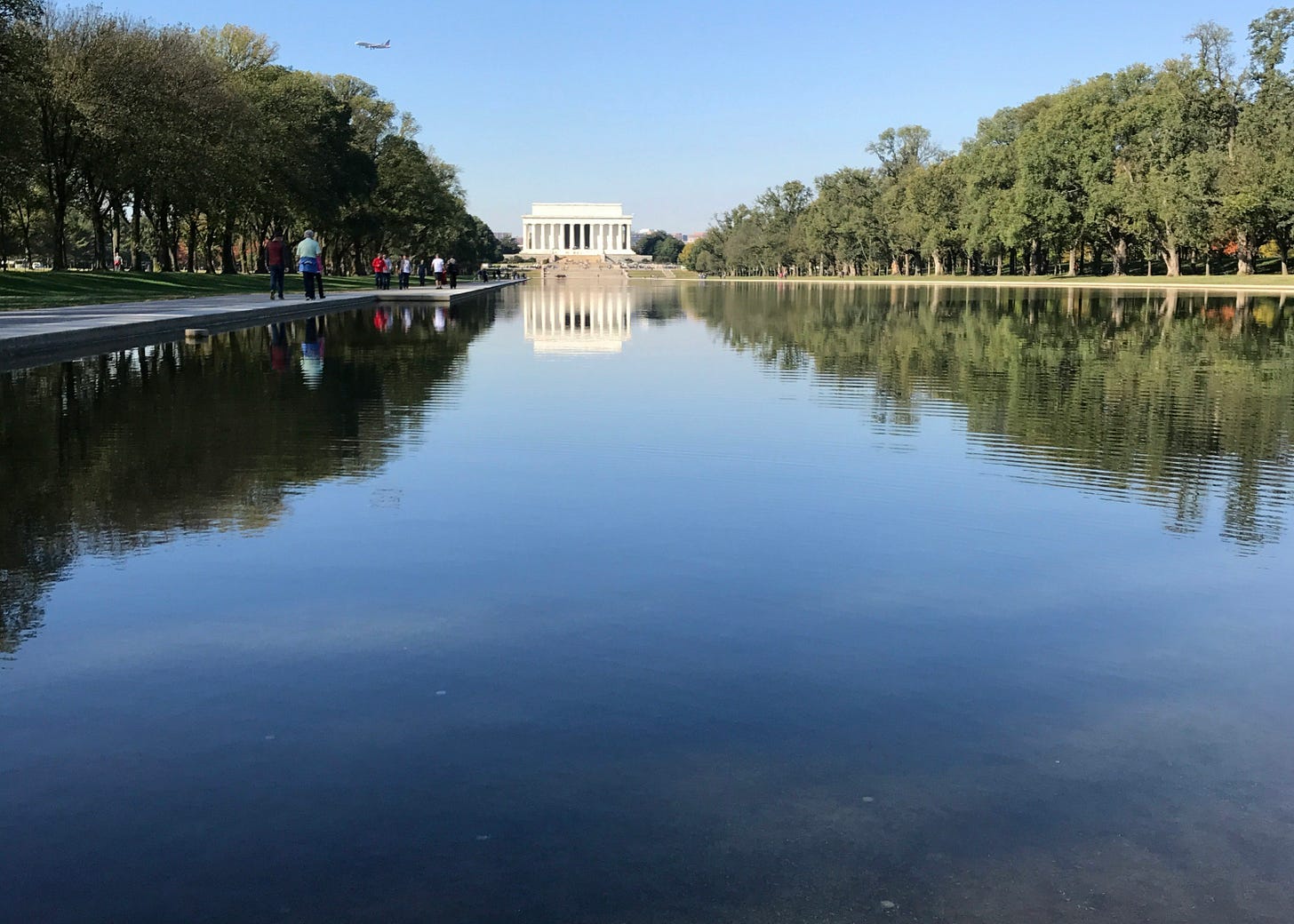The rule is perfect: in all matters of opinion our adversaries are insane.
~Mark Twain
Ah, here you are. And, you’ve brought a nice cup of something-something along for the read. That’s really special.
So, look. I know you’ve only just settled in, but I need you to stop reading for a moment. Well, not just yet. You can carry on through the next paragraph, but then, I’d like you to pause.
While you’re in this interstice, I want you to think of a time when you changed your mind. I don’t mean about a product you purchased that turned out to be a total dud (looking at you, vibrating massage gun). I don’t mean a show you stopped watching because the plot had more holes than an old pair of undies (sorry, Outlander…just no). I mean a strongly held belief, an opinion, a way of doing things.
If you have an example in mind (and I see some of you are really set in your ways), can you remember what precipitated the shift? Was it a sudden decision, or one that you came to over time? Was anyone else involved: a friend, a lover, a writer, a speaker? How did people in your family or social circle react? Do you remember the former you, the one who used to think differently?
I worked in a natural food store before becoming a niche market farmer. I grew into a bit of an ass. I thought I knew so much about heathy eating and spent more than a few years fully committed to the idea that anyone – ANYONE! - could afford organic vegetables. In my opinion, those who didn’t were exercising a choice, and not a good one. They simply needed to rejigger their priorities to make space, and spare pesos, for better food.
Then, my financial situation shriveled and, despite living pretty close to the bone, I could no longer justify spending extra for anything. Later still, I began helping a conventional farmer, trading my time for her produce. Our relationship evolved into a friendship, and I came to better appreciate how she and her husband grew the foods they sold. I also learned more about production methods for large-scale organic crops, like the kind available in most grocery stores. I wasn’t impressed.
My stance on such matters is now much less intractable. It’s not that I’ve totally abandoned my former convictions. I’ve just made room for the validity of other’s. If someone asks, or the situation warrants, I offer thoughts for consideration, but there’s little expectation of my input influencing their decision-making.
Truth be told, I’m not a hardliner. Notwithstanding the fact that I’ve been unconsciously humming a certain Bruce Springsteen tune for about 10 days now (heaven help those in close proximity to my earworm infection!), it’s rare for me to sing from one songbook. If opinions are keys on a piano, you’ll find me hanging out around middle C, which, among the 88 keys on a full-size instrument, is a little left of center.
I don’t think of myself as being soft on principles, rather that I am a generalist who is interested in what others think, and more importantly, how they came to think it. A point of view is not a whole person. If I can learn more, explore the back story, maybe find a point of connection, I am better able to see someone as dynamic, complex, and complete.
Recently, through Substack, I shared a political essay from a renowned public figure for whom I have a great deal of admiration. Of all the points she made, what impressed me most was her counsel to engage locally. She reminded readers of the need to meet people where they are, literally and figuratively. Introducing her piece, I tried to find a way to explain what that means for me. Here’s what I wrote:
“You’re not making anything up. You’re not there to win an argument. You’re not even trying to get anyone to agree. What if you were talking about cars, or plants, or music, or any topic you know well? You’re just interested in expanding knowledge and promoting understanding. Democracy isn’t a spectator sport.”
I’m going to be totally transparent here. When she thanked me in response, I had myself a proper fangirl gush. But beyond that, my hopeful heart swelled with the validation of a concept I’ve proposed and pursued many times before which is rooted in my belief (an opinion, yes, but also one that has been born out in research) that, for most of us, the best and highest good in our communications with others starts from a place of curiosity and a presumption of shared values.
We are not so separate as we tend to assume.
Because we can, let’s take the idea even further, with a quick foray into quantum physics. Despite mental and societal constructs that tell us we are unique, independent beings living our own distinct lives, science suggests instead that our boundaries are fluid. We are all part of everything, and everything is part of us.
Dr. Neil Theise, professor of pathology at the NYU Grossman School of Medicine and among those credited, in 2018, with the discovery of the interstitium, uses an accessible example: breathing. Easy. Something we all do. In our houses, we suck in air filled with dust. That dust includes soil and dead skin, paint and pollen, bacteria, viruses, minerals and bits of fiber. It includes the residue of our pets. We inhale all of that, and when we exhale, our breath becomes the gas taken up by plants. Many of those plants are then consumed by us, but even if they aren’t, we’re still breathing in what they exude. We are participating in an endless cycle of particle exchange.
Our connections already exist. Our goal is to coax them out of hiding by making sure they feel safe and welcome. If we set out to change someone’s mind, we will be perpetually frustrated. When is the last time your perspective shifted in the face of someone else’s diatribe? Facts don’t change minds, people do. Stories do. Shared experiences do.
Everyone longs to be heard. Everyone wants to be respected. We have the potential to offer those gifts to someone just out there, in our own circles of influence. And, nothing you can say will change my mind about that.
~Elizabeth







This articulates beautifully so much of what I've been feeling lately. I wonder about it more and more, as divisiveness seems only to be increasing. I fully believe that separateness is an illusion, and am trying to learn to stay open, and notice more when I'm not. What you say about finding shared values is so important. Anyway, I'm grateful for this piece. Thanks for writing it.
Beautifully structured essay, in the spirit of EB White and Epictetus. Well done. My turning point was reading How Minds Change. Facts don’t change minds, but asking questions about how someone got to the opinion that they hold so dear - and doing this from the viewpoint of genuine curiosity - might encourage enough self-reflection to rock someone gently off the sandbar they’ve run aground on. A curiosity mindset might be humanity’s next penicillin. I’ve used too many metaphors here, but thanks for helping spread the word. Like the way the milkweed sends its tiny… oh, sorry. I’ll stop.